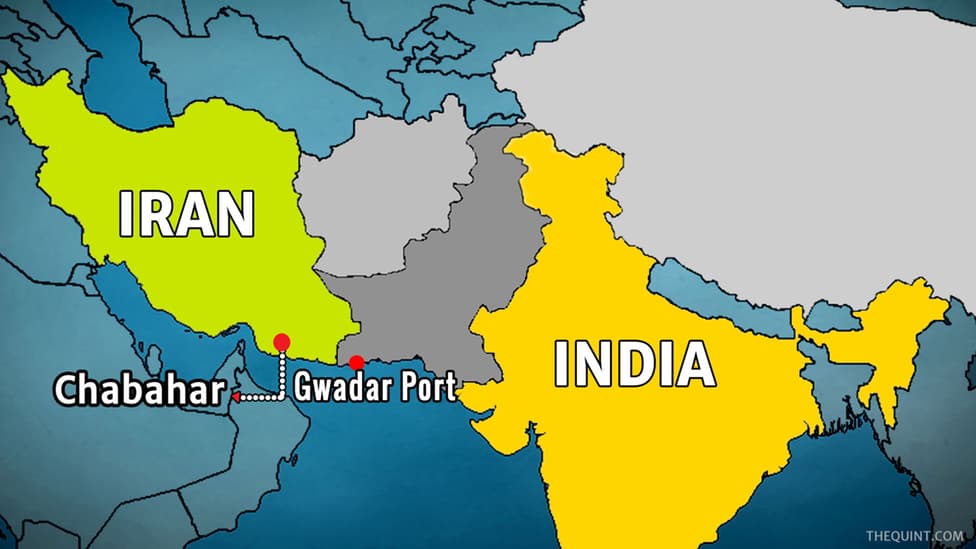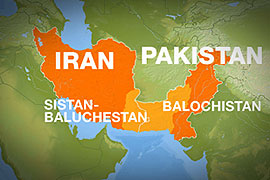Pakistan's government has announced that Saudi Arabia will not join the China-Pakistan Economic Corridor, just days after saying the kingdom would be a strategic partner in the project, Dawn reported Oct. 3.
Pakistan's invitation for Saudi Arabia to join the CPEC was reportedly presented without first consulting China. The reason for this move is unknown, but it suggests that Pakistan's new government wants to diversify its financing options to reduce dependence on China.
More at: https://worldview.stratfor.com/situa...islamabad-says
Site Information
About Us
- RonPaulForums.com is an independent grassroots outfit not officially connected to Ron Paul but dedicated to his mission. For more information see our Mission Statement.





 Reply With Quote
Reply With Quote





Connect With Us